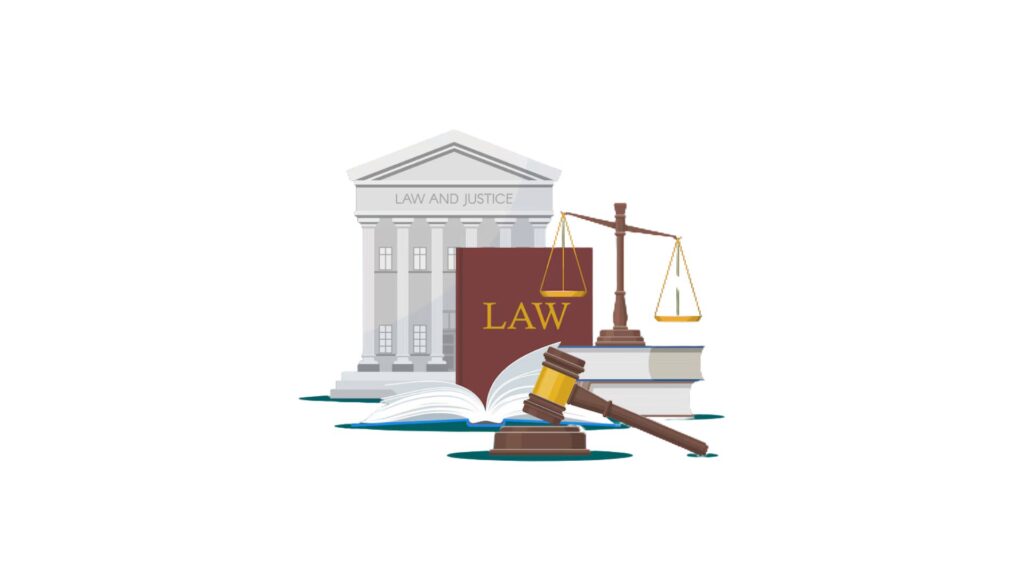
27 May The Hon’ble Jammu and Kashmir High Court in the Case of Oriental Insurance Co. Ltd. v. Union Territory of J&K: An Analysis

Introduction
The recent decision by the Hon’ble Jammu and Kashmir High Court in the case of Oriental Insurance Co. Ltd. v. Union Territory of J&K [Writ Petition (Civil) No. 3949 of 2019 dated April 29, 2024] has attracted significant attention. The court dismissed the appeal filed by Oriental Insurance Co. Ltd. (“the Petitioner”) as infructuous. This article delves into the intricacies of this case, examining the facts, the legal issues involved, and the court’s reasoning behind its decision.
Facts of the Case
Background of the Petitioner
Oriental Insurance Co. Ltd., a prominent insurance company, filed a writ of mandamus, a judicial remedy in the form of an order from a superior court to any government, court, corporation, or public authority to do some specific act which that body is obliged under law to do.
Assessment Order in Dispute
The dispute arose from an Assessment Order dated March 31, 2018, for the financial year 2013-14. The Petitioner challenged this order and sought a directive for the Respondent to hear their appeal against it.
Vacancy of the Dy. Commissioner, State Taxes (Appeals-I) Srinagar
At the time of filing the petition, the post of Dy. Commissioner, State Taxes (Appeals-I) Srinagar, was vacant, which complicated the Petitioner’s appeal process.
Subsequent Appointments to the Position
Over time, the Position saw several appointments:
- Dr. Zahoor Ahmad Raina was appointed on November 2, 2020, by Government Order No. 1027-JK (GAD) of 2020.
- He was transferred on July 24, 2021, by Government Order No. 651-JK (GAD) of 2021, and Ms. Sammer Naik, JKAS, took over as Dy. Commissioner, State Taxes (Appeals-II) Srinagar, with additional charge of the Position.
- Eventually, on February 6, 2022, Ms. Tabasum Shafat Kamli, JKAS, was appointed to the Position via Government Order No. 130 (JK) GAD of 2022.
Issue
Core Legal Question
The primary issue before the court was whether the appeal filed by the Petitioner should still be considered given the eventual filling of the Position and the time elapsed.
Held
Court’s Decision
The Hon’ble Jammu and Kashmir High Court dismissed the appeal as infructuous, stating that since the Position had been filled, the appeal must be considered and decided by the Appellate Authority, i.e., the Dy. Commissioner, State Taxes (Appeals-I) Srinagar.
Reasoning Behind the Decision
The court highlighted that the administrative changes and subsequent filling of the Position rendered the appeal process viable under the Appellate Authority. Thus, there was no need for judicial intervention at this point.
Implications of the Judgment
This decision underscores the importance of administrative efficiency and the timely filling of key positions within the tax administration framework. It also highlights the judiciary’s role in ensuring that administrative remedies are exhausted before judicial remedies are sought.
Conclusion
The case of Oriental Insurance Co. Ltd. v. Union Territory of J&K serves as a crucial reminder of the procedural intricacies involved in tax disputes and the importance of administrative positions being filled promptly. The dismissal of the appeal as infructuous was a logical step, given the circumstances, and it ensures that the matter is addressed by the appropriate administrative authority.


No Comments